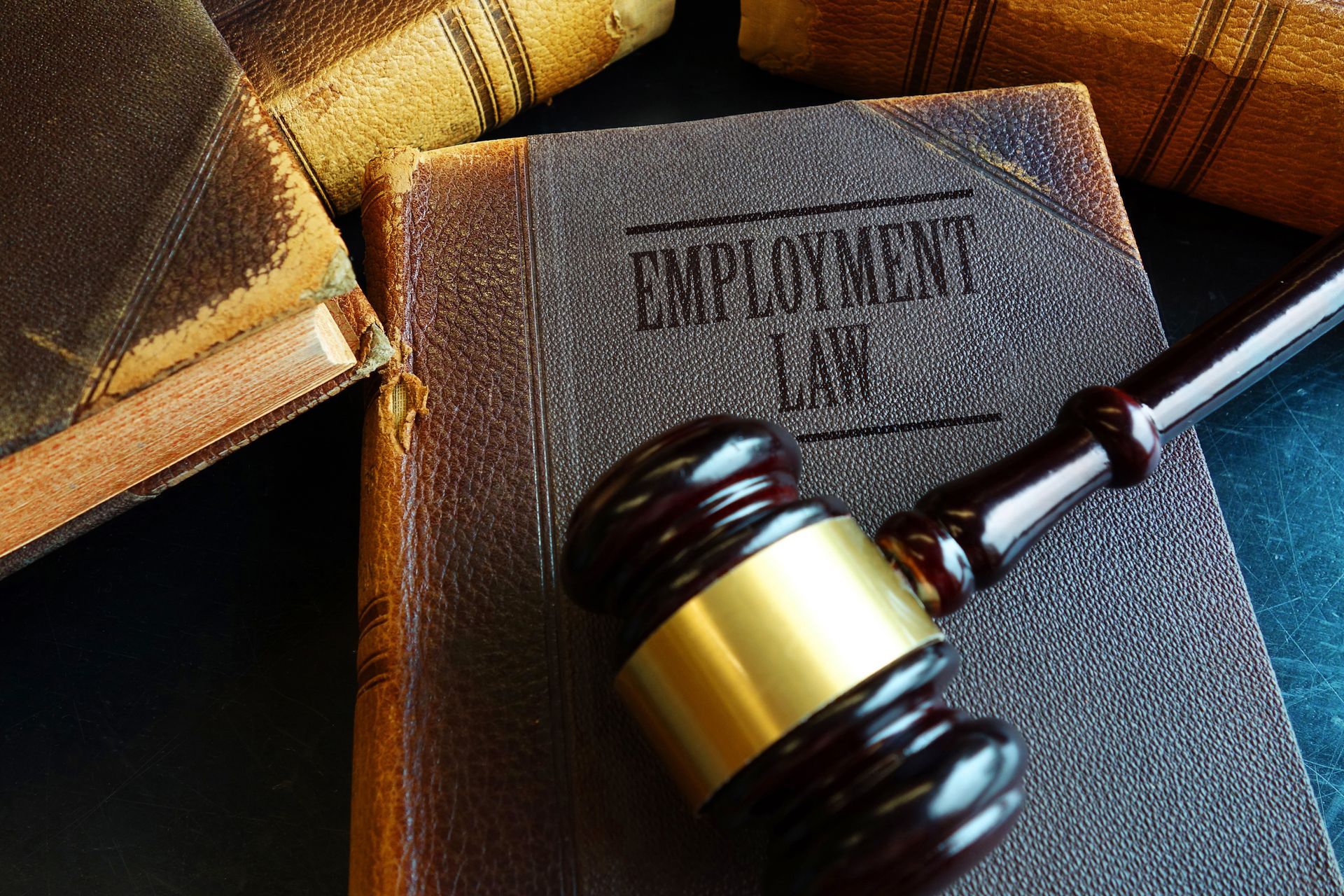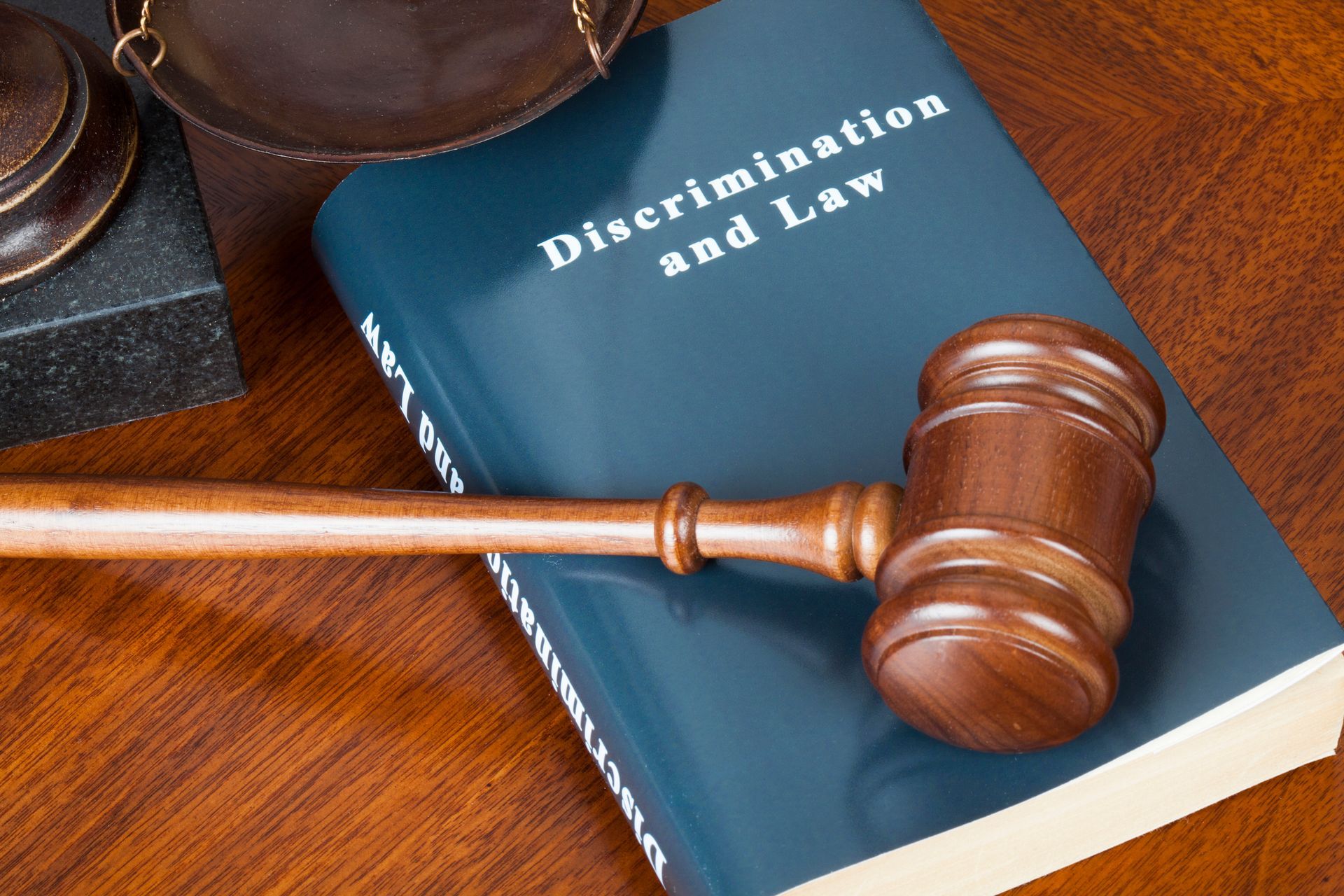How to Respond to Sexuality-Based Workplace Discrimination

As a member of the LGBTQ+ community, you may have experienced discrimination in your workplace due to your sexuality. This is not only wrong but also illegal under many state and federal laws. If you believe that you have been discriminated against based on your sexual orientation or gender identity, it's important to know how to identify this type of discrimination and what steps you can take to protect your rights.
Identifying Discrimination
Discrimination based on sexuality can come in many forms, some of which may be more subtle than others. It's important to understand the different types of discrimination that can occur in the workplace so you can recognize them if they happen to you.
Harassment
One form of discrimination is harassment, which includes any unwelcome or offensive behavior directed towards an individual based on their sexuality. This can include derogatory comments, jokes, gestures, and even physical contact. Harassment can also occur in more subtle ways, such as excluding someone from work-related activities or constantly making them the butt of jokes.
Unequal Treatment
Another form of discrimination is unequal treatment, which occurs when an employer treats an employee differently based on their sexuality. This can include denying someone a promotion, giving them lower pay or benefits, or subjecting them to different and unfair work policies.
Hostile Work Environment
A hostile work environment is created when discrimination is so pervasive that it makes an individual feel uncomfortable, intimidated, or unable to do their job effectively. This can include constant comments or actions that are offensive or discriminatory towards an individual's sexuality.
What to Do if You Experience Discrimination
If you believe that you have experienced discrimination in your workplace based on your sexuality, there are steps you can take to address the issue and protect your rights.
Document Everything
Firstly, it's important to document everything that occurs. This includes any incidents of discrimination, as well as any witnesses or evidence that may support your claims. This documentation can be crucial if you decide to take legal action.
Report the Discrimination
Next, it's important to report the discrimination to your employer. Many companies have policies in place for addressing workplace discrimination and harassment, so make sure you follow those procedures. Even if the company has an “open door” policy, draft an email summary of the harassment you have experienced and make you courtesy copy every supervisor (including the harasser). Why? Create the Paper Trail! Also, showing the company you have informed the supervisors that can make decisions about your hostile work environment helps preserve a future retaliation claim. If your company does not have a policy or does not handle the situation appropriately, you may need to seek external support.
Seek Legal Advice
If reporting the discrimination internally does not result in a resolution, it may be necessary to seek legal advice. An employment lawyer can help you understand your rights and options for taking legal action against your employer.
Know Your Rights
As an LGBTQ+ individual, knowing your rights in the workplace is important. Many state and federal laws protect individuals from discrimination based on sexual orientation or gender identity. These laws include Title VII of the Civil Rights Act, which prohibits employment discrimination based on sex, as well as the Equal Employment Opportunity Commission (EEOC) guidelines that interpret this protection to include gender identity and sexual orientation.
Discrimination based on sexuality is unacceptable and illegal. If you believe that you have been discriminated against in your workplace, it's important to take action and protect your rights. By understanding the different forms of discrimination and knowing your legal rights, you can take steps toward creating a safer and more inclusive workplace for yourself and others in the LGBTQ+ community.
Remember, you deserve to feel safe and respected in your workplace, and there are resources available to help you fight against discrimination. So don't hesitate to seek support and speak up for yourself if you experience any form of discrimination based on your sexuality in the workplace. Together, we can work towards a more inclusive and equal working environment for all individuals.
If you are being discriminated against at your work and need legal help, work with our lawyers at Allen D. Arnold Attorney at Law.
Alabama Rules of Professional Conduct Notice: No Representation is made that the quality of legal services offered is greater than that of other lawyers. The information contained on this website is not a substitute for legal advice, and reading it does not create an attorney-client relationship.









